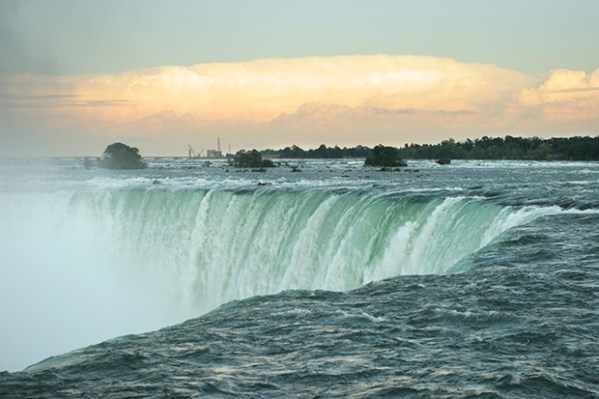Great wealth has always bred envy and resentment among the rest of us, which is why even in ancient times people liked to believe that it would be its possessors’ undoing. Thus one of the myths about King Midas of Phrygia was that, having sought and been granted the gift of turning everything he touched to gold, he died of starvation because his food underwent the same metamorphosis. Legend also had it that King Croesus of Lydia, still to this day a byword for unimaginable riches, lost his kingdom to the Persians, who then burnt him to death.
Sadly, such myths tend to be untrue, just inventions of the poor to raise their spirits. For on the whole the very rich are perfectly happy and lead fuller, longer lives than everyone else. They may, however, feel a little uncomfortable with their wealth, which is why, especially at a time of austerity, they hesitate to flaunt it. This may be partly because they feel somehow vulnerable but also, perhaps, because they don’t want to cause distress to others less fortunate than themselves.
They want to give the impression that they are no different from us, that they have the same concerns and preoccupations. So they complain about the costs of heating oil and of shopping at Waitrose; and they may try to suggest with little hints that they aren’t really quite as rich as we imagine them to be. And if their wealth is so vast and celebrated that there is no point in pretending otherwise, they may, like Bill Gates or Warren Buffett, give vast amounts of it away to the world’s poor as tokens of their humility and gratitude for their good fortune.
Most of the rich people I have met display modesty of this kind and seek to narrow the gap that their wealth creates between them and us. For one thing, they don’t want to be defined by their wealth; they want us to see other qualities in them. But then along comes Prince Alwaleed bin Talal, an outstanding example of the opposite kind of very rich person, the kind to whom wealth is the be-all and end-all of everything. It is this Saudi prince who is bringing a libel action in London against the American business magazine Forbes for ranking him only 26th in its list of the world’s richest people.
The Forbes Rich List estimates he is worth $20 billion; he says he is worth $9.6 billion more than that. The gap is due to their different ways of calculating his wealth. The Prince does it by looking at the value of his company’s shares on the Saudi stock exchange; Forbes, describing that stock exchange as ‘incredibly easy to manipulate’, believes that the true value of his investment company, Kingdom Holding, is much lower than its share price suggests. Prince Alwaleed says he is not suing Forbes because of his lowly position in its ranking of the world’s richest multibillionaires but because it has accused him of ‘market manipulation’.
Even so, according to Forbes, this ranking matters to him very much. Its editor, Kerry A. Dolan, has said that he intensely lobbied her to use his calculations rather than hers and that when, in 2006, Forbes estimated his net worth at $7 billion less than he claimed, he rang her to protest, sounding ‘almost in tears’. Now he has said he will ‘sever all ties’ with Forbes and fight his libel action ‘all the way’. There is no question that Prince Alwaleed is fabulously rich, and that he became so not on Saudi oil revenues but through his own skill as an investor, which has made him, among many other things, owner of the Savoy Hotel in London and the second biggest investor after Rupert Murdoch in News Corporation.
I suspect that most billionaires would regard it as more defamatory to have their wealth exaggerated rather than minimised, but the Prince is in the Louis XIV or Donald Trump league of show-offs, with over-embellished planes and palaces galore (one of his planes even contains a gold throne for him to sit on). In his case, status would seem to be the most important thing. A study carried out in the United States a few years ago found that envy and resentment of the very rich was strongest not among the poor but among people almost but not quite as rich as them. They all had far more money than they could possibly need, but couldn’t stand not being as rich as those they regarded as their equals. It will be an interesting libel action.






Comments